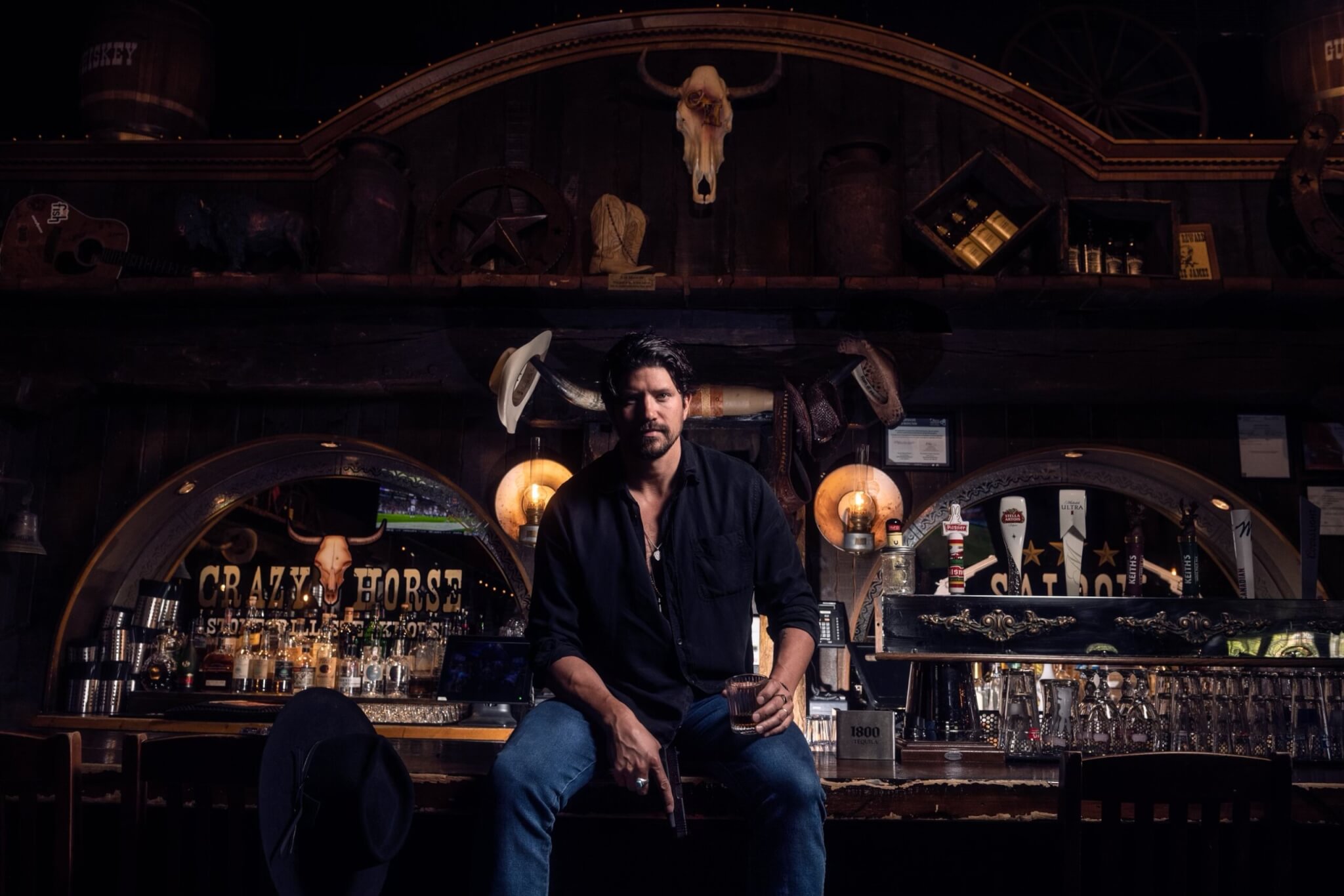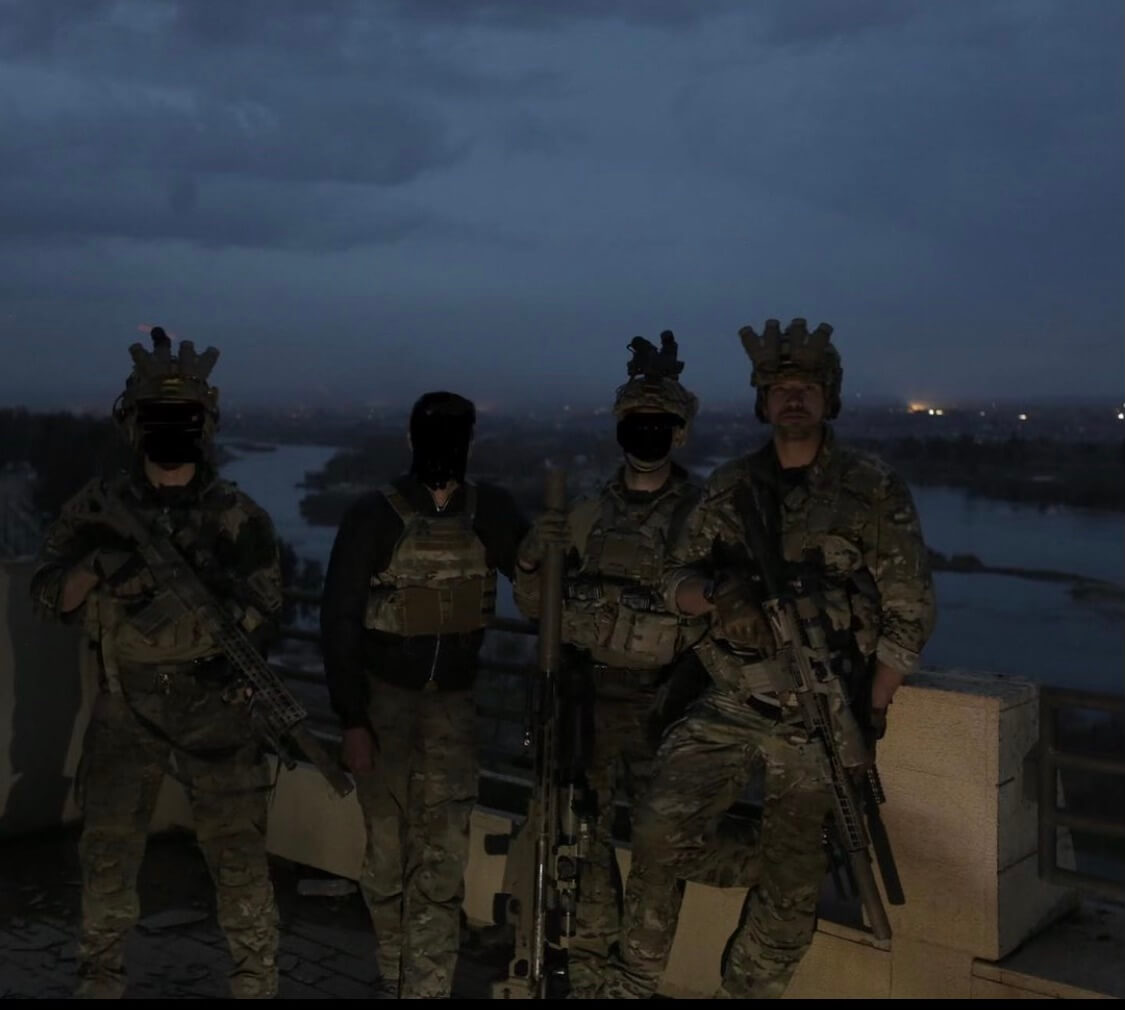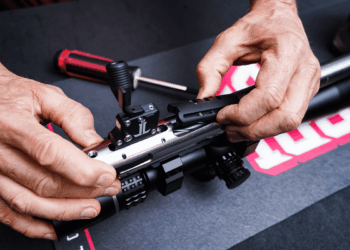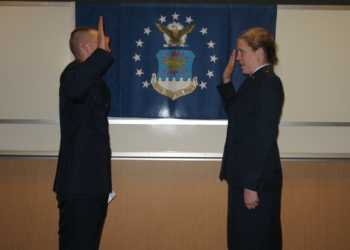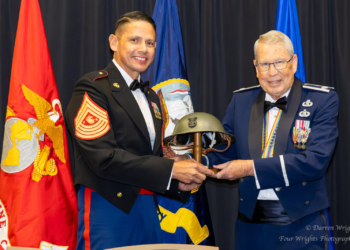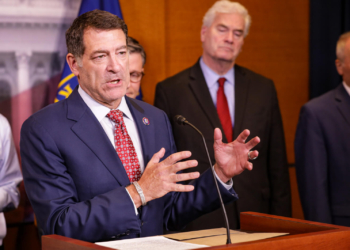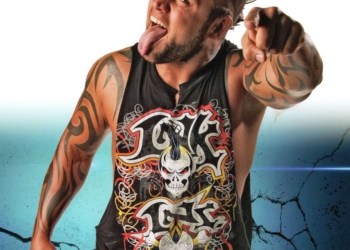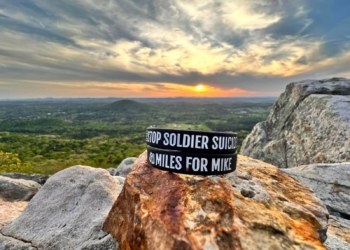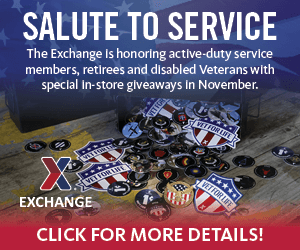Growing up on a Canadian indigenous settlement outside Alberta, Dallas Alexander knew he loved being outdoors and playing hockey. A chance encounter would change everything.
“I was at a crossroads, really. I had finished playing junior hockey and had to make a decision on whether I’d go semi pro or end up in an oil field somewhere,” he explained. “I met a guy who’d done some time in the military, and [he] told me about the Canadian special operations counter terrorism group. After that, I was laser focused on making it happen.”
The relationship between U.S. and Canadian special forces has deep historical roots, shaped by shared interests and a commitment to mutual defense. This partnership began to solidify during World War II, when both nations recognized the importance of collaboration in military operations. The joint U.S.-Canadian Force was established in 1942 and was tasked with going behind enemy lines to create chaos and sabotage enemy efforts. The warriors earned the nickname the “Devil’s Brigade” because of their painted faces and stealth tactics.
Modern warfighters from America and Canada may be separate in today’s wars and efforts but the mission of that first joint unit lives on. In 2006, Alexander raised his right hand to be part of it.
“I enlisted and had to do two years in the regular military before I could try out for selection,” he shared. “By 2008, I was in it and made it through selection and eventually qualifying and becoming part of Joint Task Force 2.”
JTF2 is a highly specialized unit responsible for counter-terrorism, direct action and special reconnaissance operations. His unit and team boast the world record for longest confirmed kill which occurred in Mosul, Iraq. The shot took down an ISIS fighter intent on ambushing Iraqi defense forces.
“We worked a lot with SEAL Team 6 or your [American military] Delta guys. I also spent some time with Army Green Berets overseas a few times,” Alexander said. “It was a career just full of adventure and struggle and all kinds of stuff that I had hoped it would be when I was a young man. You still always want a little bit more which maybe I’m lucky I didn’t get.”
Another commonality reflected on, which is shared by many American veterans, is perspective on how life is for other parts of the world compared to their own country’s way of life.
“At one point in the house I grew up in, we had no power or running water. I was always grateful to have very nice stuff after that. But it was one of the unique things to see deployed was just how different the world is for different people,” Alexander said. We can sit in the relative safety of a hotel room or your car and not feel like we’re going to get hit by a bomb. It happens in some places but for the most part you don’t have to live under that constant fear. My service solidified and intensified my appreciation of how good of a life we have.”
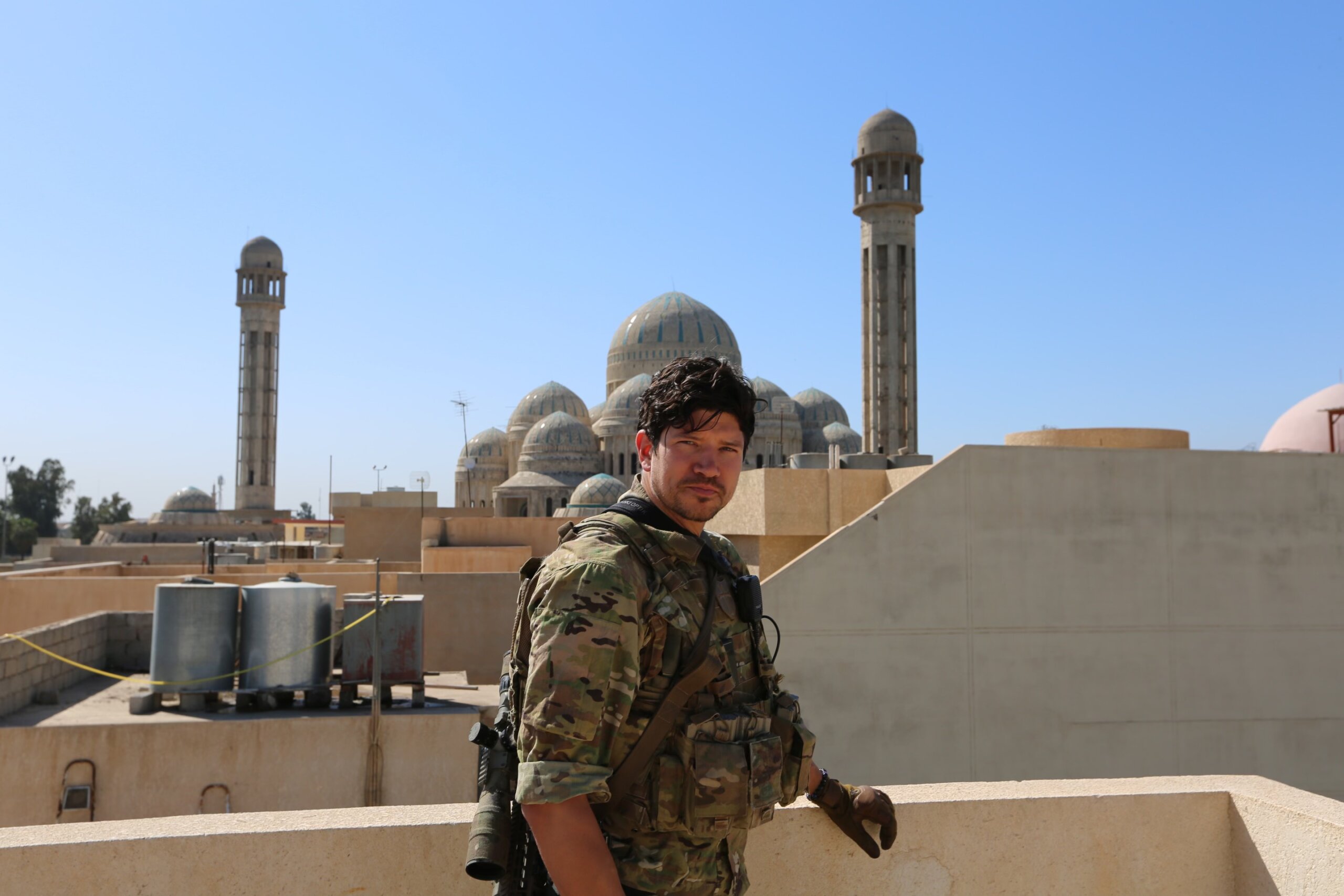
His skills and comfort outdoors thanks to his years in the Canadian wilderness led to Alexander becoming an expert sniper on his team. After 16 ½ years of service and 14 as a JTF2 operator, which included five major combat deployments to Iraq and Afghanistan, he says he was ready for a change.
“I had always loved music but just never really had the time for it in between hockey and then the military,” he explained. “My brother passed away in 2019 and had a little recording studio in his basement. He was always harassing me to come write a song or record. When he died, I just finally asked myself what I was waiting for.”
Special operator by day and by night, he was going to as many open mics as he could find and writing music on the side.
“I was doing around four or five bar shows a week at one point, and then going to work the next day and doing the shooting ranges and the Special Forces life,” he laughed.
The stationary nature of his unit made it a little easier to do both until he was ready to go all in for music, and his experience with military OpTempo made transitioning into the busy touring life pretty seamless, Alexander added.
“Music has made me more uncomfortable than probably anything else I’ve ever done in so many different situations and it’s something that there’s no end to learning which is really cool,” he shared.
The country-rock and heartfelt music has been a labor of love and healing for the veteran, especially after walking away in protest of the masking and COVID-19 vaccination mandates imposed by Canadian military leadership. Leaning into music and a clarity on what is important to him helped, too.
“After seeing and experiencing the things I have in my life and especially during serving I don’t see anything more valuable than my family,” he said. “You can chase anything but none of it really matters if you don’t have people you love in your life.”
He encourages all veterans to embrace transitioning out of the military and finding a new identity for the possibilities it brings, even when it appears overwhelming.
“You can do anything you want after service because you can have a clean slate and go chase after anything you’re passionate about,” Alexander explained. “You’re actually set up better than most people to succeed in a new path. I think there’s actually a better chance of success from people with the discipline that it takes to be in the military and the compassion it takes to serve.”
Read comments

